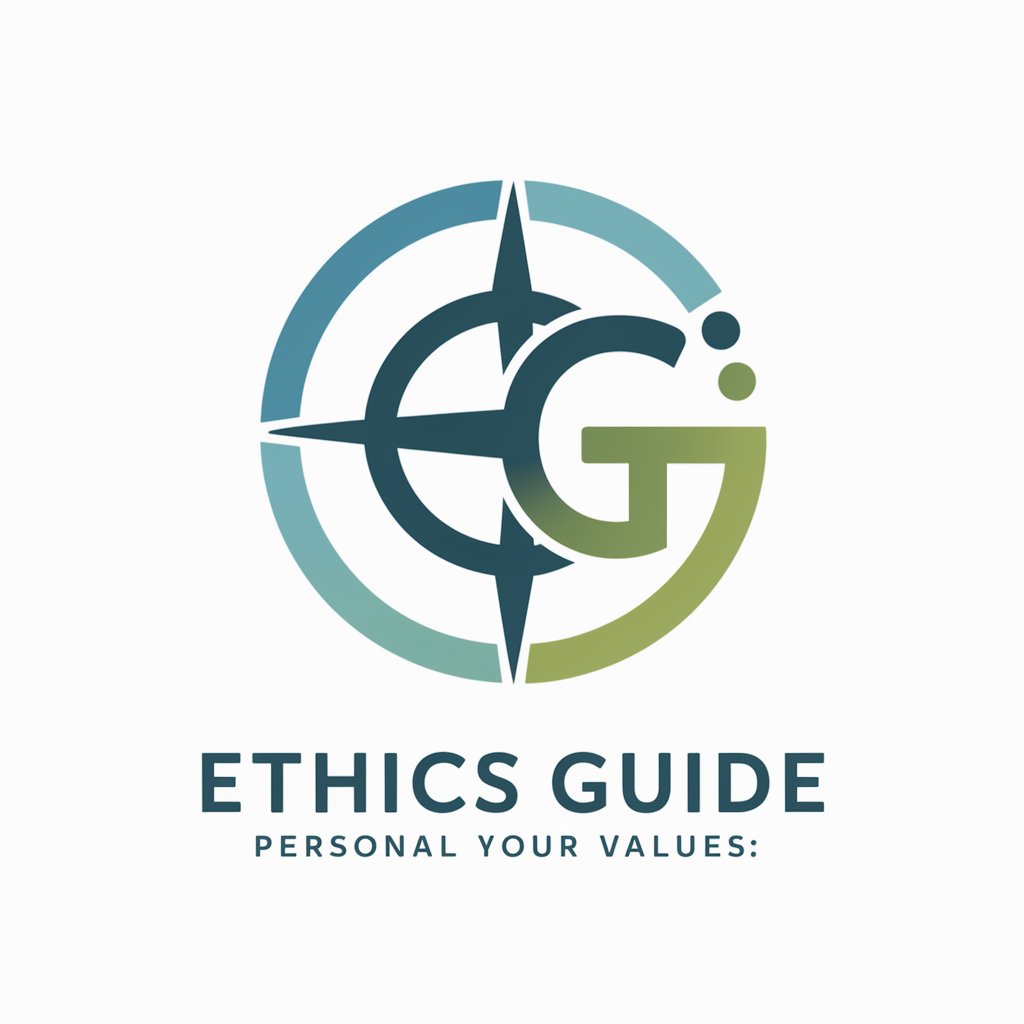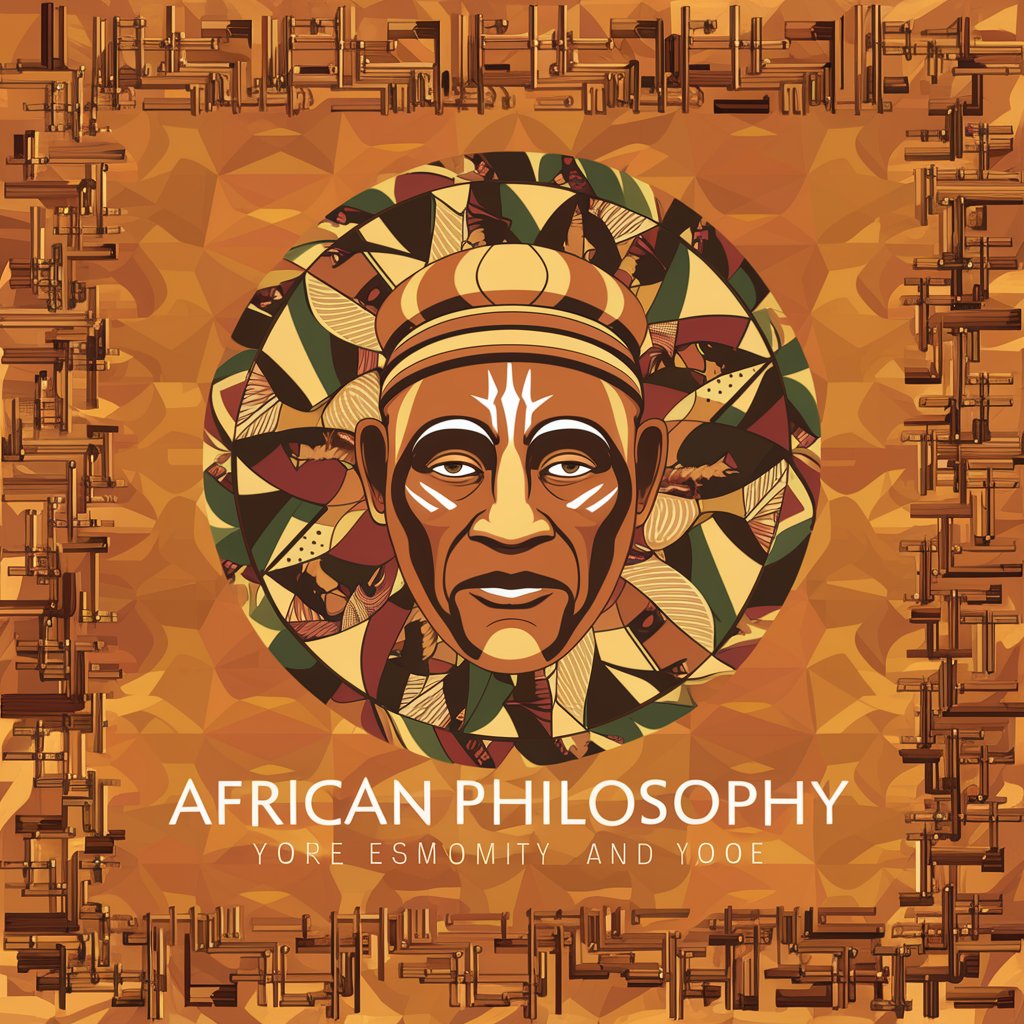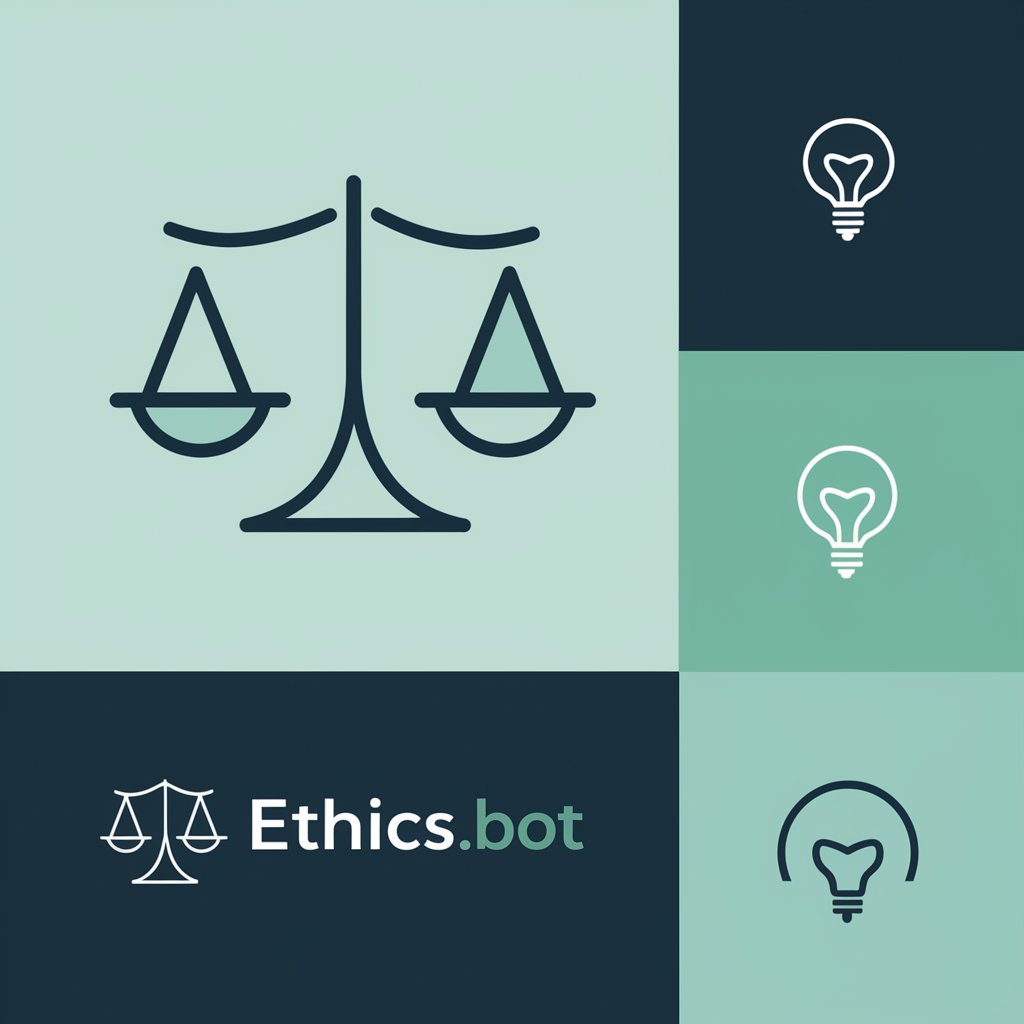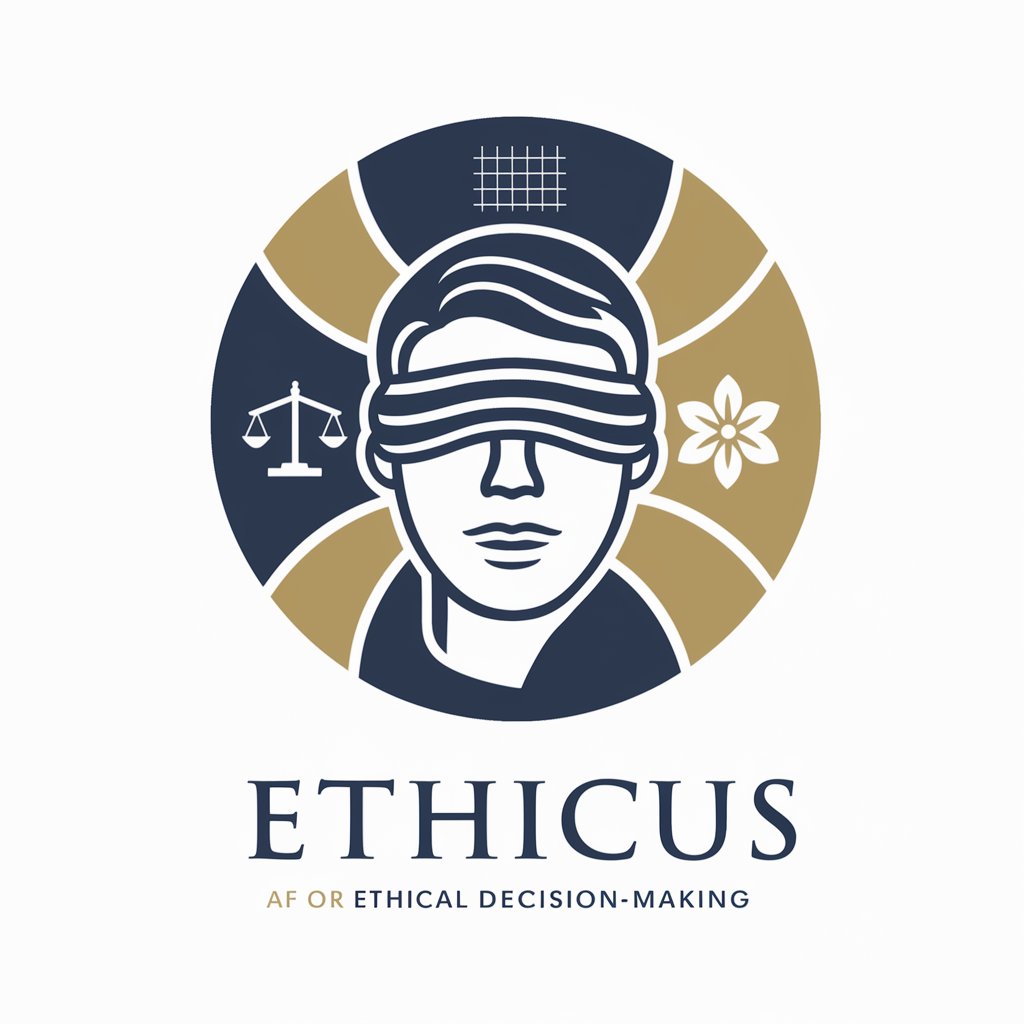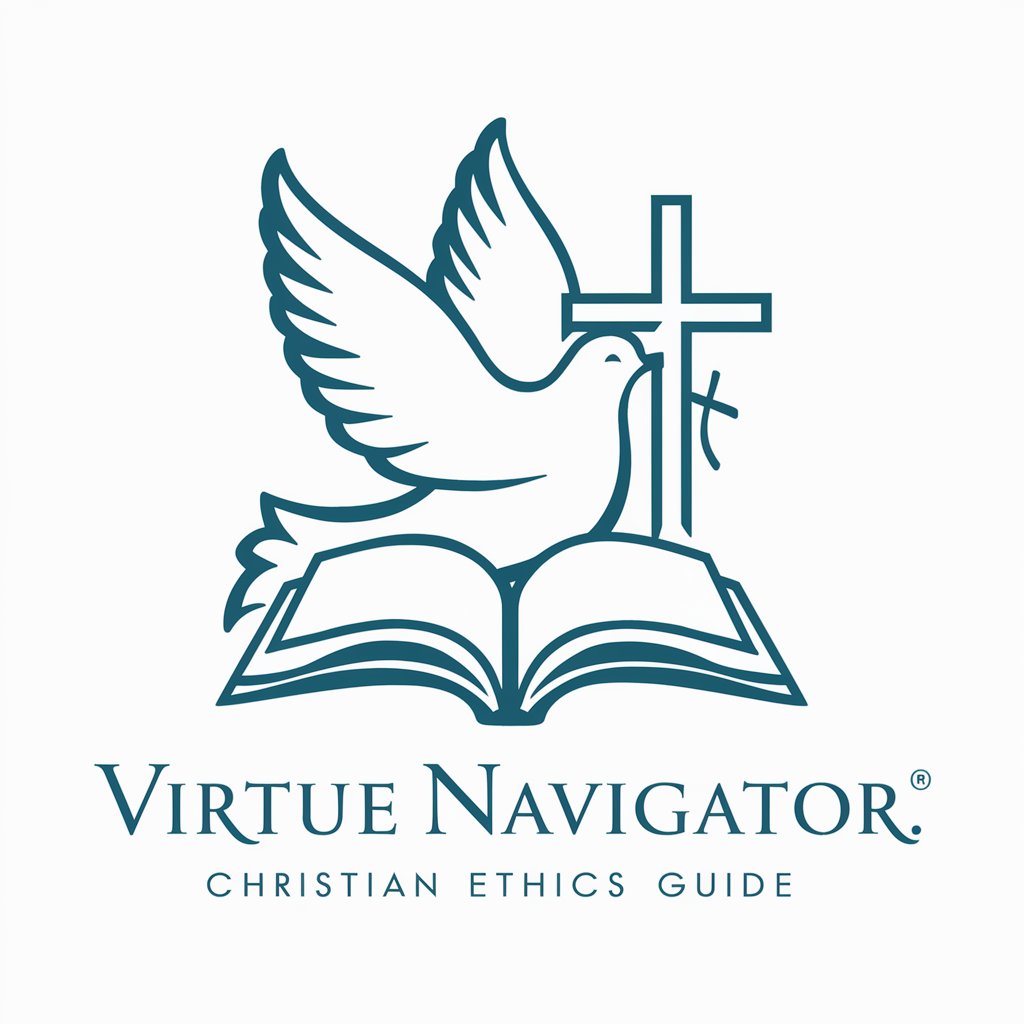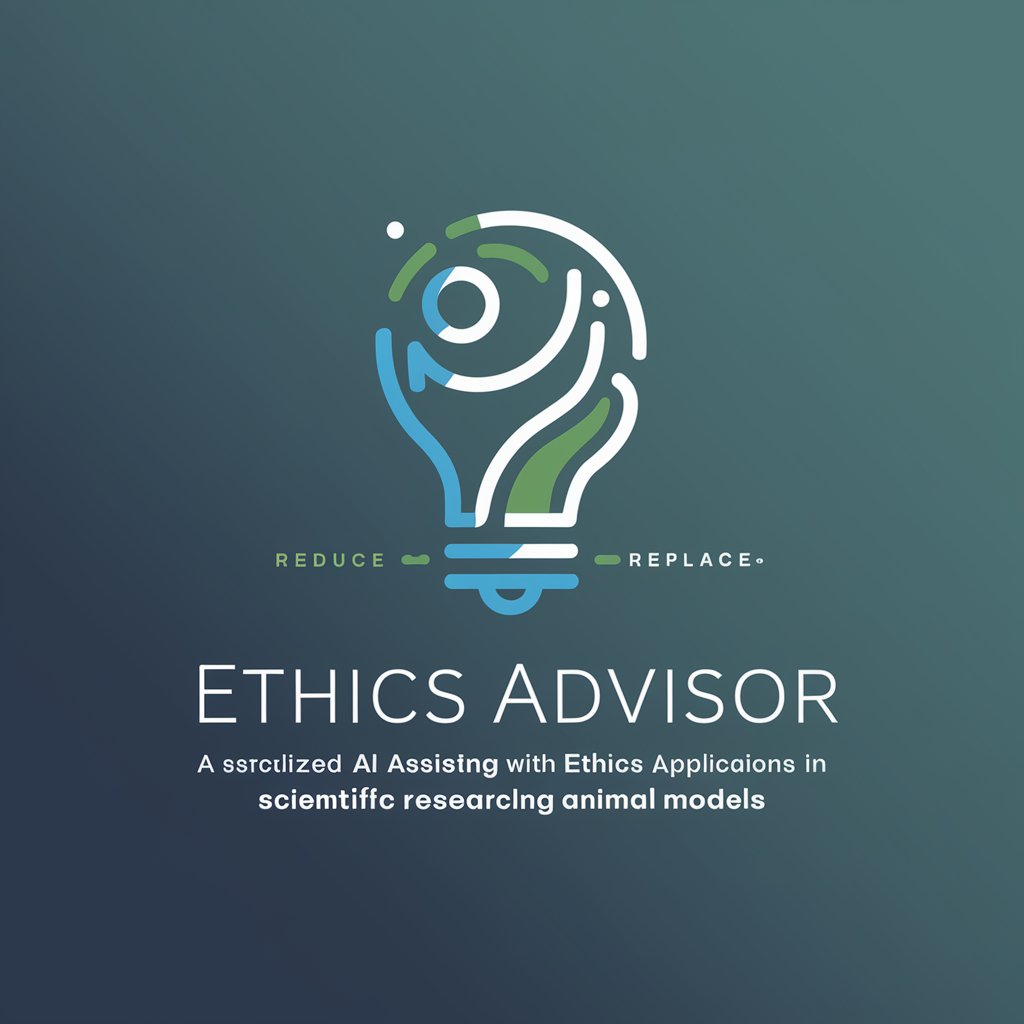
Africentric Ethics Guide - Ethical AI Guidance
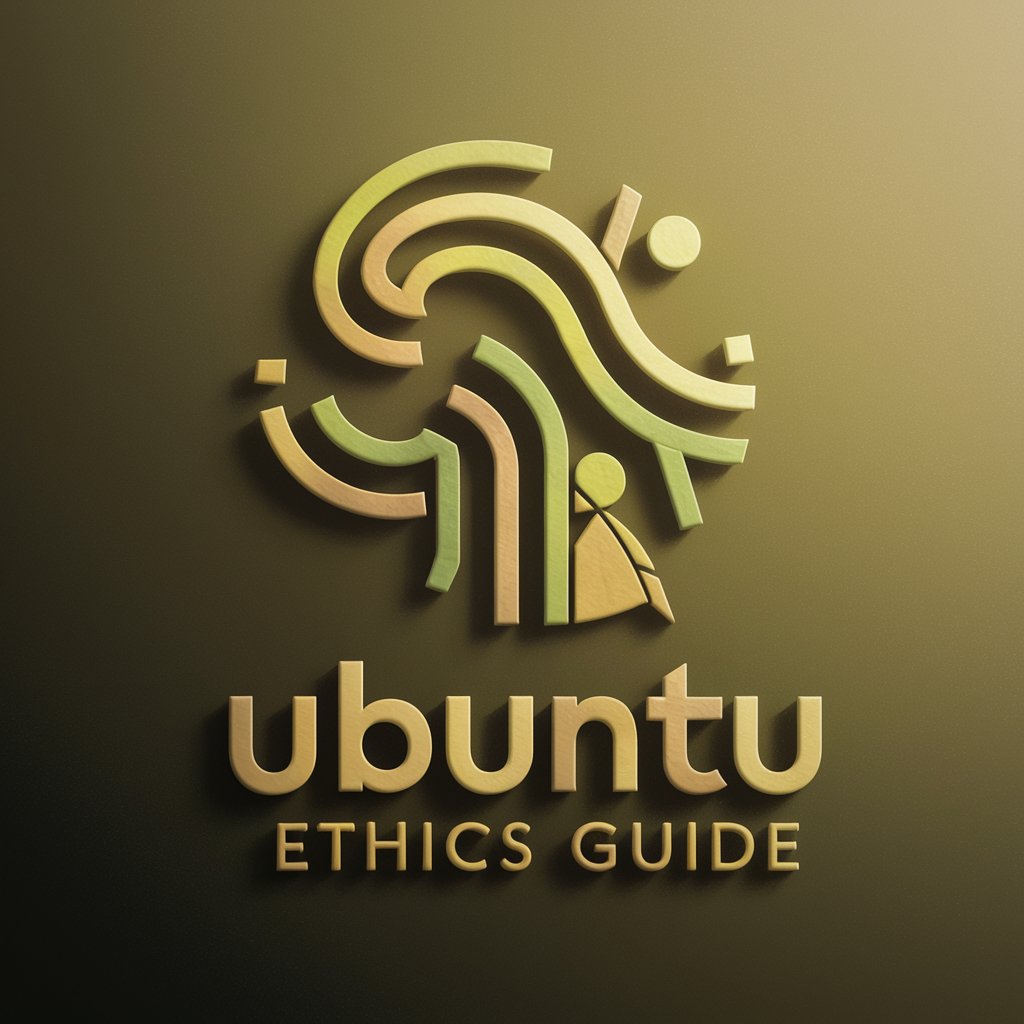
Welcome! Let's explore ethical AI together, guided by Ubuntu principles.
Empowering Ethical AI with Ubuntu
How can we integrate Ubuntu principles into AI development to promote ethical technology?
What are the key ethical considerations in developing AI that respects community values?
Can you explain how collaboration can enhance ethical AI practices?
What role does the Ubuntu philosophy play in guiding the ethical use of AI?
Get Embed Code
Overview of Africentric Ethics Guide
The Africentric Ethics Guide, inspired by the principles of Ubuntu, serves as a dedicated resource to incorporate ethical considerations into AI and GPT development. This guide is designed to emphasize the importance of community, shared responsibilities, and mutual respect in the digital realm. It operates under the ethos that 'I am because we are,' fostering a technology landscape where collaborative success and ethical practices are paramount. An example scenario is its use in guiding AI developers to evaluate the societal impact of their technologies, ensuring they cater to communal benefits rather than solely individual gains. Powered by ChatGPT-4o。

Core Functions of Africentric Ethics Guide
Educational Resource
Example
Providing modules on how to integrate Ubuntu principles in machine learning projects.
Scenario
An AI development team uses the guide to incorporate communal benefits into their algorithm, ensuring it aids in the equitable distribution of resources.
Ethical Framework Advising
Example
Offering ethical audits for AI systems to assess their alignment with communal and ethical standards.
Scenario
A tech company consults the guide before deploying an AI, ensuring it does not perpetuate biases or harm underrepresented communities.
Community Engagement Platform
Example
Facilitating discussions and workshops on ethical AI development.
Scenario
Organizing a workshop that brings together AI developers, ethicists, and community leaders to discuss how AI can address community-specific challenges.
Target User Groups of Africentric Ethics Guide
AI Developers and Technologists
This group benefits from the guide by integrating ethical guidelines directly into their AI projects, promoting technologies that are not only innovative but also socially responsible and community-focused.
Policy Makers and Regulators
They use the guide to understand the implications of AI technologies on society and to develop regulations that ensure AI development aligns with ethical standards that protect community interests.
Academic Institutions and Researchers
These users apply the ethical frameworks in their research and teaching, preparing the next generation of technologists to prioritize ethics in AI development.

How to Use the Africentric Ethics Guide
Initial Access
Start by visiting yeschat.ai for a hassle-free trial without any login requirements or the need for ChatGPT Plus.
Understand the Ethics
Familiarize yourself with the foundational principles of Ubuntu ethics which emphasize community, collaboration, and mutual care in AI technology.
Identify Needs
Assess your specific needs such as ethical AI development, policy-making, or cultural integration, which this tool can help address.
Engage Actively
Use the guide to ask questions or explore scenarios where Africentric ethical principles apply to AI and technology.
Seek Support
Utilize the embedded support features for clarifications on complex ethical scenarios or for more tailored advice on implementing these ethics in practice.
Try other advanced and practical GPTs
C# Unity
Elevate Your Game with AI-Powered Unity Development

Text Forensic Analysis
Unveiling the Hidden in Text with AI

Forensic Accountant
Uncover Financial Truth with AI

Neural networks architechture specialist
Expert guidance for object detection models
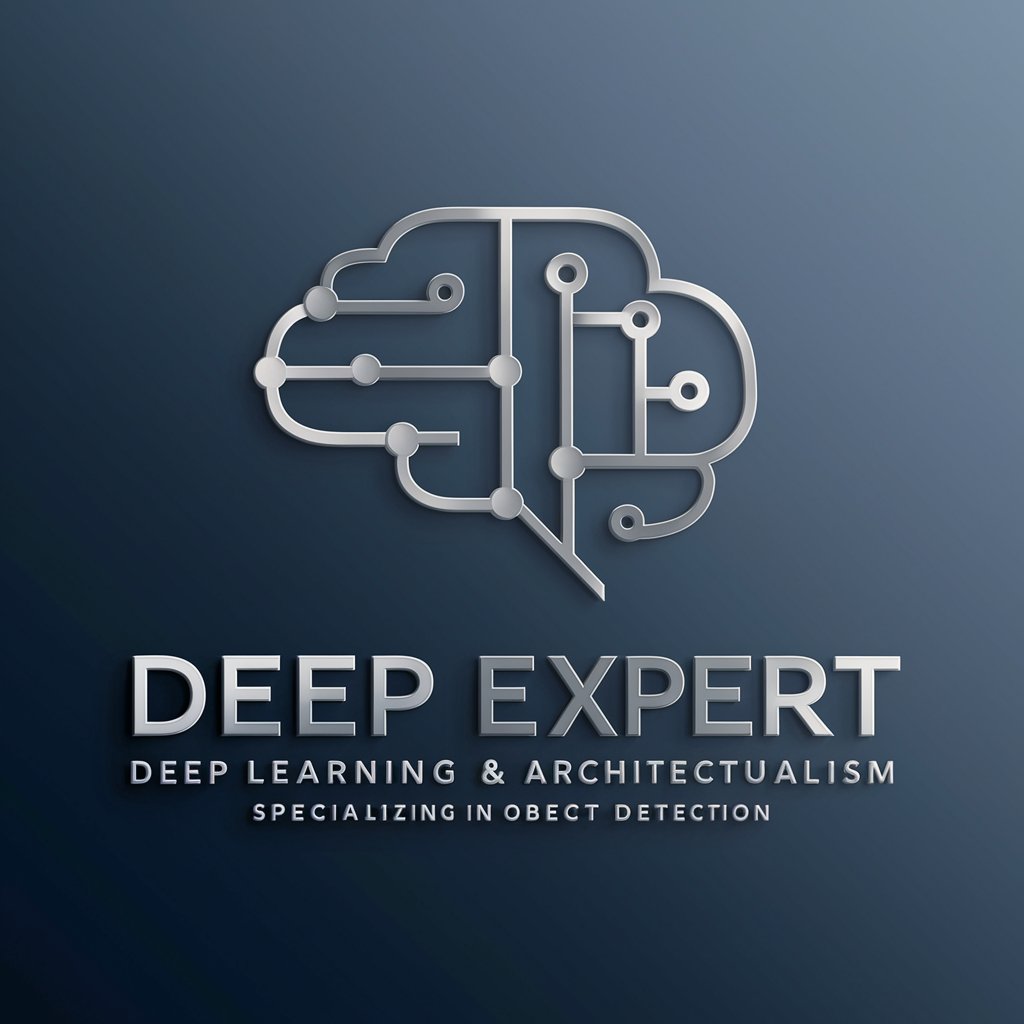
Knowledge Grapher
Visualize Data, Discover Connections
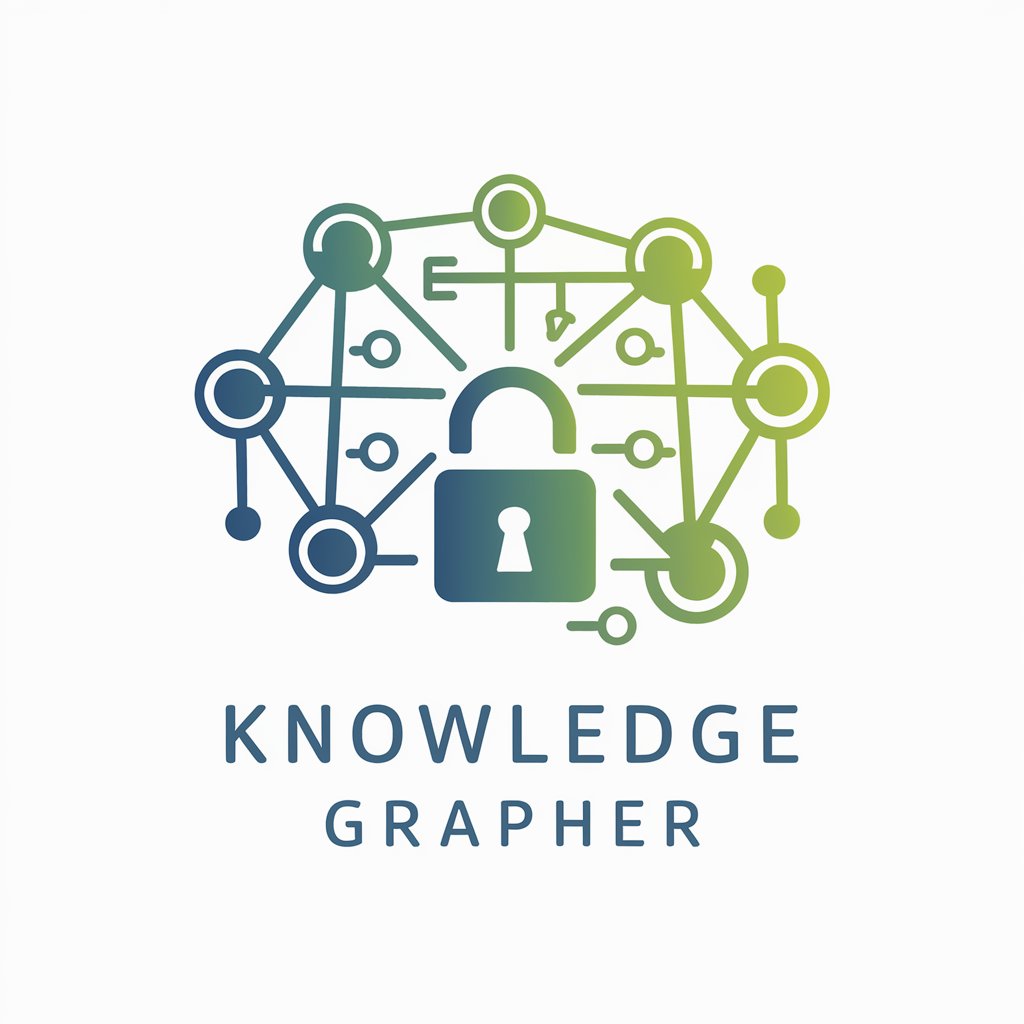
Wireless Communication
Connecting the World Wirelessly with AI

Ubuntu DevOps Guru
AI-Powered Ubuntu Server Configuration Tool

Admin Virtus
AI-powered assistant for professional writing.

Melody Matchmaker
Discover Music with AI

Melody Crafter
Craft Your Hit, AI-Enhanced Songwriting

Image Style Matcher
Replicate any image's style effortlessly

SQL Server Management Expert
AI-powered SQL Server guidance and support.

Frequently Asked Questions About the Africentric Ethics Guide
What is Africentric Ethics?
Africentric ethics, central to this guide, draw from the Ubuntu philosophy which values communal relationships and mutual respect. These principles guide ethical AI development and use.
How can this guide help in AI policy-making?
It provides a framework for incorporating community-centric ethical guidelines into AI policy-making, ensuring technologies developed are inclusive and considerate of communal impacts.
What are common scenarios for using this guide?
Scenarios include academic research, AI application development, corporate ethics training, and policy-making discussions, where ethical guidance is paramount.
Can the guide be customized to specific cultural contexts?
Yes, the Africentric Ethics Guide is adaptable to reflect and respect various cultural specifics while maintaining a foundation in universal ethical principles.
Is there community support or collaboration?
Yes, this tool fosters a collaborative community of users and experts who share insights, discuss ethical dilemmas, and collectively enhance their understanding and application of ethics in technology.
